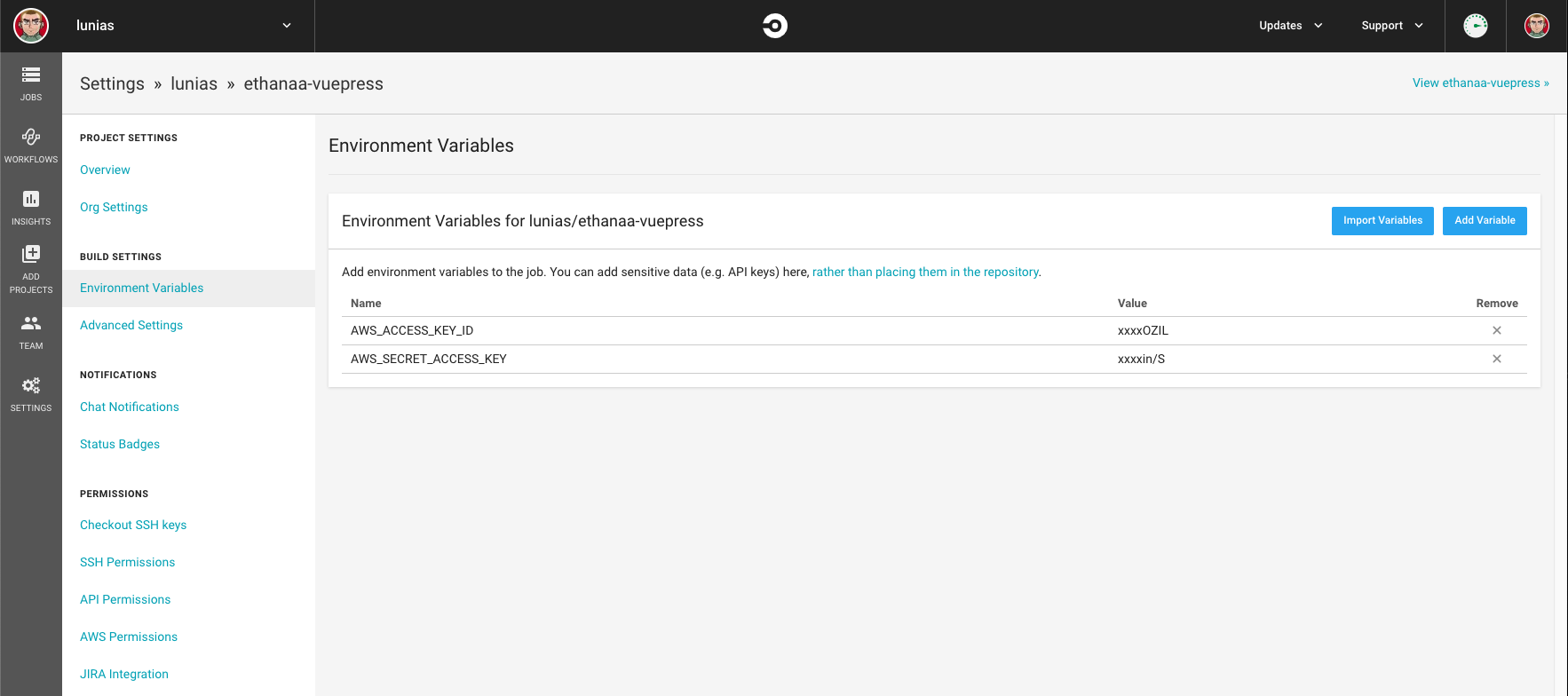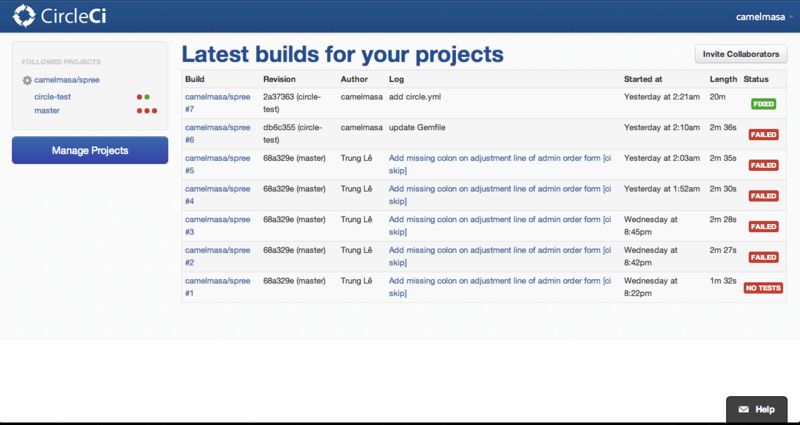

- #Install fastlane circleci update#
- #Install fastlane circleci manual#
- #Install fastlane circleci full#
- #Install fastlane circleci software#
- #Install fastlane circleci code#
#Install fastlane circleci software#
You can use it to automate software project development, testing, and deployment. What is CircleCI?ĬircleCI is a cloud-based continuous integration and continuous deployment tool that aids in the automation of integration and deployment tasks. The top CI/CD tools include CircleCI, Tavis CI, GitLab, Bamboo, and more. They help launch the products to market faster than before. CI/CD lets companies deliver software quickly and efficiently.
#Install fastlane circleci code#
The code is then delivered to the Continuous Deployment (CD) platform. CI tools automate integration and verify that new changes don’t disrupt the software. 13.2 Is CircleCI better than GitHub Actions?Ĭontinuous Integration (CI) is an approach that aids developers in integrating new blocks of code with the primary code branch without messing up the entire software.11 CircleCI Enterprise Pricing Plan And Cost.10 Travis CI Enterprise Pricing Plan And Cost.9 Integrating CI/CD Tools with Test Automation Platform.8 CircleCI Vs Travis CI: Which CI/CD Tool should you choose?.6 CircleCI Vs Travis CI – An in-depth comparison.
#Install fastlane circleci full#
The full CircleCI config can be viewed here. Hopefully, this helps you to get your automated deployment working. We do this straight away even if the value hasn’t changed as the API requires the key to be updated at least once a week otherwise it will be deleted.Ĭommand: curl -X POST -IL /$CURRENT_SHA
#Install fastlane circleci update#
Then we update the API with the new value, which comes from an environment variable that CircleCI provides - the commit SHA-1 that the job is running against. More information about this can be found in this document, 'Introduction to environment variables').Įcho "export LAST_BUILD=$LAST_BUILD" > $BASH_ENV We achieve this by adding an export command to $BASH_ENV (this is a special CircleCI variable that references a file that gets loaded in to bash before each step. This value is then stored in an environment variable so that we can access it later. First, we get the current value from the API. There are a few steps in the config file to achieve our requirement. Generating this URL isn’t covered in the CircleCI steps below so you’ll need to do it manually. You then use this URL to retrieve the current value or update it with a new value. The API documentation is the best place to start but basically, you send an HTTP POST request with your chosen key and this will return a URL which contains your key along with a random token to authenticate the requests.

If master is still on this commit, nothing has changed and no build is necessary. With this, we’re able to store the SHA-1 hash of the commit that the last build is based on. After a bit of head scratching and searching, I came across - a free API for storing key/value pairs. Our next requirement needs us to keep track of when the last build was distributed, and be able to check whether anything has changed since then. If you need help creating the cron string, I suggest you look at 'crontab guru'.

This gives us an automated build that runs at 6 pm Monday to Friday (we don’t work at the weekends so there’s no point running builds on these days). Our workflow for the nightly QA build is as follows: The first requirement is straightforward in CircleCI because workflows can be triggered on a schedule. With this in mind, we started looking at the tools we’d need. While some developers are able to configure the right settings, others find it confusing so it’s easier to just leave Xcode alone. Xcode likes you to use its Automatic settings and it can be a pain if you try to fight it.
#Install fastlane circleci manual#


 0 kommentar(er)
0 kommentar(er)
